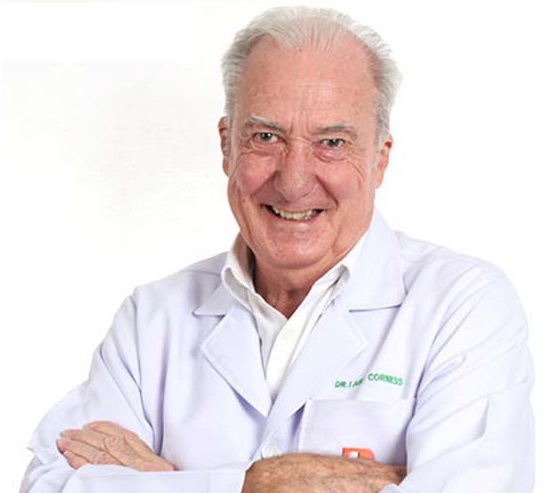 A few years ago, I was interviewed by a German TV channel which wanted to show that taking over the counter drugs was a dangerous practice, and had gone to great pains to do some secret filming in Thai suburban pharmacies (of which there is one on each corner, beside the 7-Eleven convenience store).
A few years ago, I was interviewed by a German TV channel which wanted to show that taking over the counter drugs was a dangerous practice, and had gone to great pains to do some secret filming in Thai suburban pharmacies (of which there is one on each corner, beside the 7-Eleven convenience store).
The drug they wished to highlight was our old friend (or probably better described as the “friend of the old”), Viagra, the blue diamonds. They had chosen Thailand because so many blue diamonds were being taken here, and they wanted to show the disastrous side effects from taking fake pills.
During the course of the interview I pointed out that Germany has its own very well-known red light areas, so they could have saved money on plane fares and get the blue diamond statistics much closer to home. I also pointed out that we were not inundated with octogenarians with heart failure and loaded condoms, and “over the counter” (OTC) drugs could be found all over the world, and not just here.
It might come as no surprise to those who have an inkling of television “news” that they cut my interview out of the feature. Do not forget the journalist’s creed – “Never let the truth stand in the way of a good story”!
So back to counterfeit blue diamonds, how do you find out that yours are real or otherwise? Every day I receive Spam, as I am sure you do as well, offering me the opportunity to keep a battalion of beauties satisfied. These are the internet email offers of cut-price drugs that will keep me in a state of perpetual priapism, a continuing (and painful) male erection after which the term was coined from the Greek god Priapus who is shown in paintings to have a central member like a third leg (or an elephant).
Offers like these which are too good to be true, are usually just that – too good to be true! These cut-price drugs are not the real deal. The chances are very high that they are counterfeit.
One of the patients showed me a box purporting to be genuine brand name Cialis tablets, which were not having the desired effect. I was immediately suspicious as the box was not all that well printed. I was quite sure they were counterfeit when I read the Patient Information slip (the printed sheet in the box that you usually don’t read). The English grammar was incorrect, and there were spelling mistakes. Eli Lilly, the ‘real’ manufacturer does not send out mis-spelled literature with their product.
So how real is the threat of fake drugs? The World Health Organization (WHO) estimates that one in three drugs on the worldwide market today is counterfeit. One in three!
Pfizer’s laboratories analyze fakes and stated, “We’ve seen boric acid, heavy metals, road paint, floor wax to coat the pills and give them a shine.”
This is actually a serious situation. If specific drugs are only available through pharmacies, on the prescription of a doctor, is it safe to just buy over the internet (or counter) without any doctor’s advice? The answer is a no-brainer.
According to the WHO, drugs commonly counterfeited include antibiotics, anti-malarials, hormones and steroids. Increasingly, anticancer and antiviral drugs are also faked. And you can add to that, the ‘blue diamonds’. Get your medications on a doctor’s prescription. There is a reason for it.
I do know that some of our patients complain that my hospital’s pharmacy is more expensive than the corner-store pharmacy, but that is the price of guaranteeing that your medications are real and not the WHO’s one in three fake medications in our pharmacy! We may be more expensive, but the medication is the real deal! Don’t take the risk.




